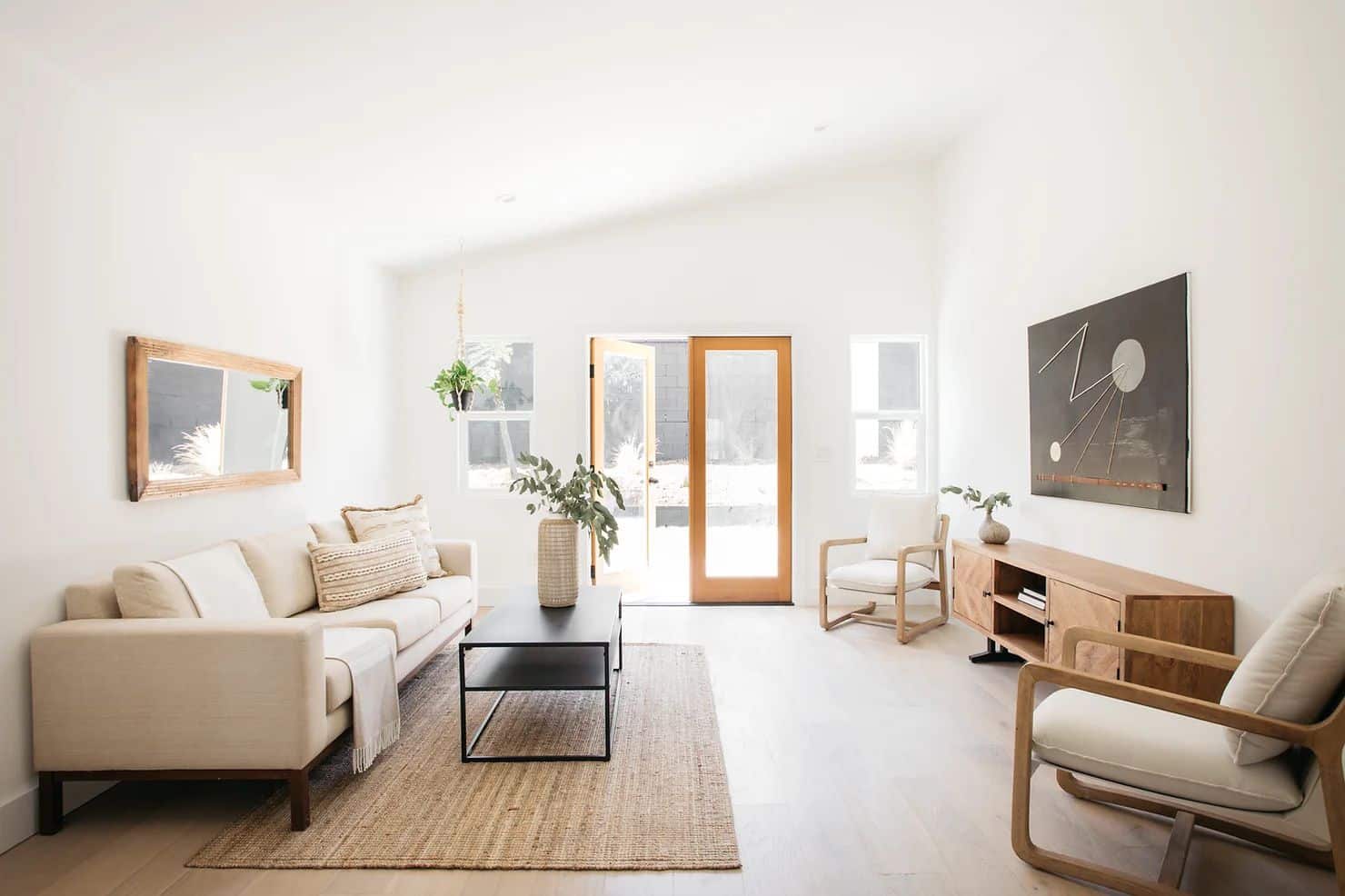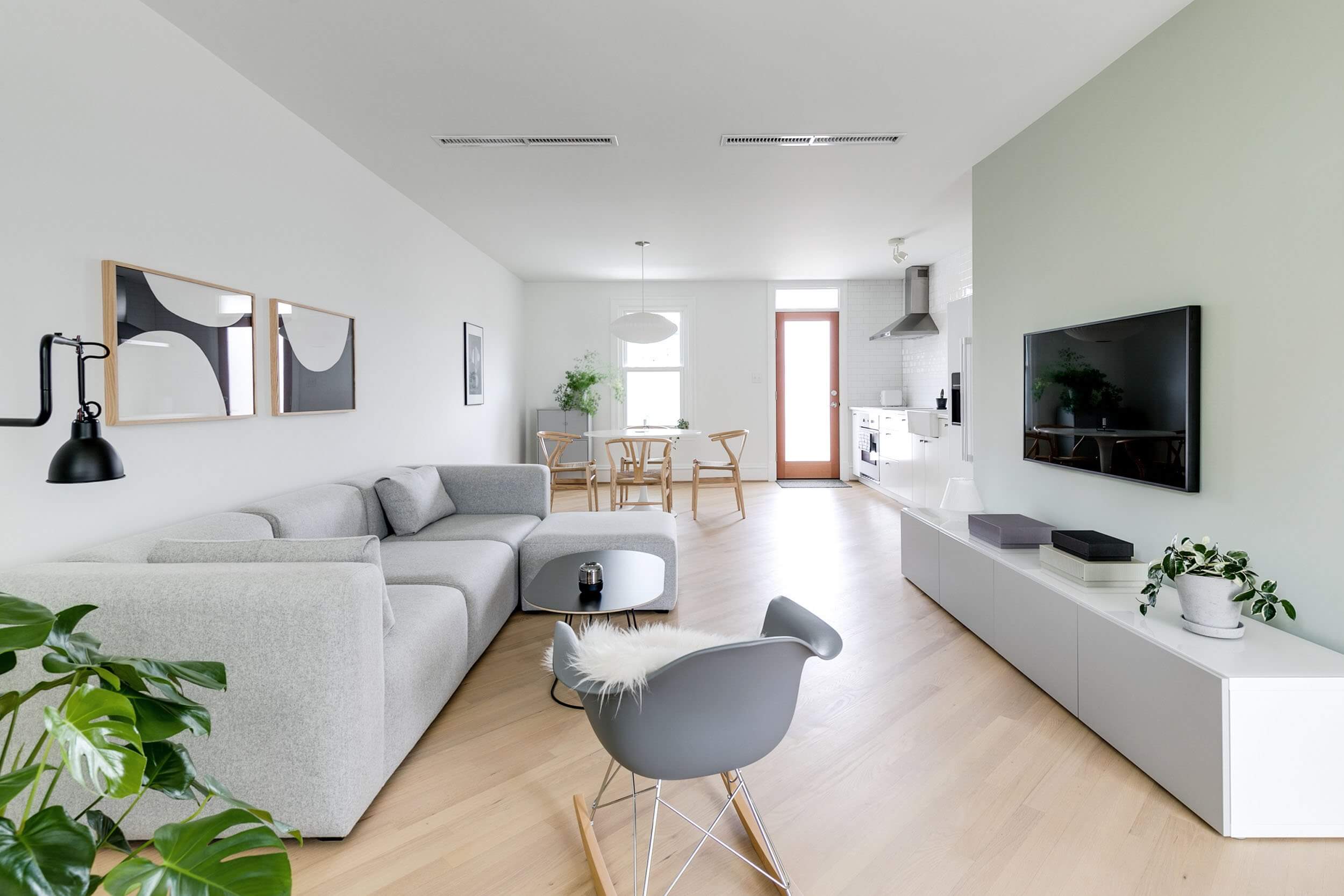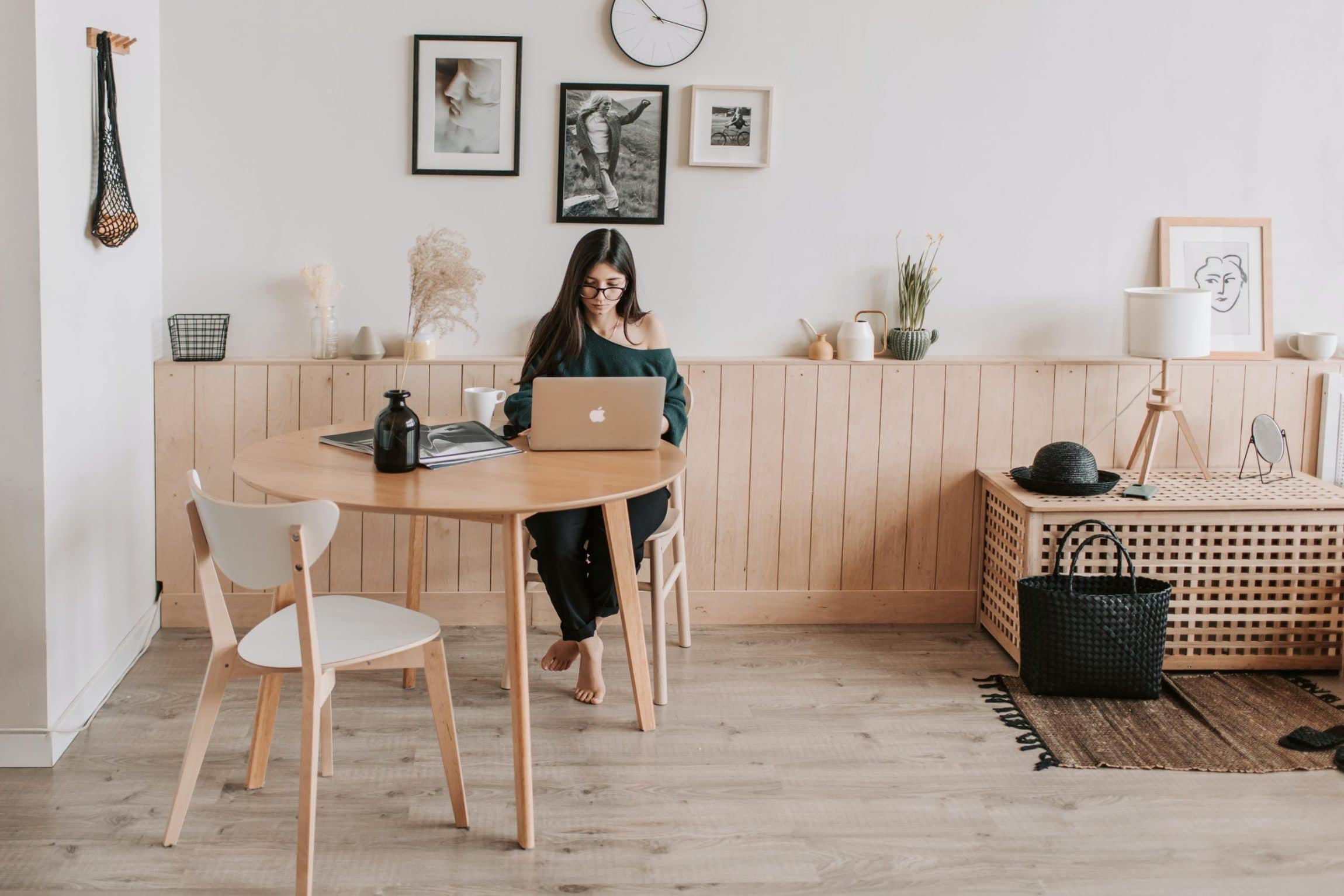In a world overflowing with options, obligations, and possessions, the idea of owning less, doing less, and being more present has become surprisingly
In a world overflowing with options, obligations, and possessions, the idea of owning less, doing less, and being more present has become surprisingly attractive. Enter minimalist living—a lifestyle philosophy that’s gaining global popularity for its focus on simplicity, clarity, and intentionality.
But minimalism is about more than just decluttering your home. It’s about creating space in your life—space to breathe, think, enjoy, and pursue what truly matters. For many, embracing minimalism is less about giving things up and more about gaining freedom, peace, and purpose.
In this article, we explore the core principles of minimalism, how it impacts different aspects of life, and practical steps to help you begin your own minimalist journey.
1. What Is Minimalism, Really?
Minimalism isn’t about living in a stark white room with one chair and no television. At its heart, it’s about intention. It’s choosing quality over quantity and clarity over chaos. Minimalism encourages you to ask:
“Does this add value to my life?”
If the answer is no, it might be time to let it go.
Minimalism applies to material possessions, but also to:
-
How you spend your time
-
The relationships you invest in
-
The media you consume
-
The commitments you accept
It’s a mindset shift from accumulation to appreciation.
2. Why People Are Embracing Minimalism
The movement toward a minimalist lifestyle is driven by modern realities:
-
Consumer fatigue: We’re bombarded with ads and messages that tell us more stuff equals more happiness.
-
Mental burnout: Constant busyness and digital overload leave little room for rest and reflection.
-
Environmental concerns: Fast fashion, overconsumption, and waste are damaging the planet.
-
Desire for freedom: People want less debt, fewer obligations, and more time to pursue passions.
Minimalism offers a solution to these problems. It’s not about restriction—it’s about liberation.
3. Benefits of Minimalist Living
Choosing a minimalist lifestyle can improve your overall well-being in ways that are both subtle and profound.
Mental Clarity
Decluttering your surroundings can help declutter your mind. Fewer distractions lead to improved focus and reduced stress.
Financial Freedom
When you stop buying things you don’t need, you spend less, save more, and often get out of debt faster.
Time and Energy
Minimalism cuts down on decision fatigue. You waste less time cleaning, organizing, and maintaining stuff—and have more time for experiences, relationships, and rest.
Improved Relationships
By removing the non-essentials, you have more space for meaningful connections and communication.
Environmental Impact
A minimalist approach often aligns with sustainability—buying less, choosing reusable over disposable, and valuing quality over quantity.
4. Minimalism in Different Areas of Life

A. Home and Belongings
Start by decluttering. Keep only the items that are truly useful or bring joy.
Tips:
-
Use the “one-year rule”: If you haven’t used it in the past year, donate or discard it.
-
Embrace multi-purpose items: Instead of five kitchen gadgets, invest in one quality tool that does the job.
-
Organize your space so everything has a place and purpose.
B. Digital Life
A messy digital life can be just as stressful as a messy home.
Tips:
-
Unsubscribe from unnecessary emails
-
Delete apps you no longer use
-
Limit screen time and social media consumption
-
Use folders to organize digital files and photos
C. Calendar and Commitments
Minimalism isn’t just about things—it’s also about how you spend your time.
Tips:
-
Say no to activities that don’t align with your values or goals
-
Schedule downtime and protect it
-
Choose quality time over quantity in social and family engagements
D. Work and Productivity
Minimalist work habits lead to better results with less stress.
Tips:
-
Focus on one task at a time (avoid multitasking)
-
Clear your workspace
-
Use time blocks to concentrate without distraction
-
Keep meetings brief and purposeful
5. Common Myths About Minimalism
“You have to throw everything away.”
Nope. Minimalism is about choosing what stays, not just what goes. If something brings joy or serves a purpose, it belongs in your life.
“It’s only for single people or the wealthy.”
Minimalism is for anyone—families, students, professionals—regardless of lifestyle or income. In fact, many people adopt it to save money and gain clarity.
“Minimalism means being boring.”
On the contrary, minimalists often report feeling more alive and intentional. When you’re not weighed down by excess, life becomes richer in meaning and experience.
6. How to Start Your Minimalist Journey
Minimalism isn’t a destination—it’s a journey that evolves with you. You don’t need to make radical changes overnight. Start small and build momentum.
Step-by-Step Guide:
-
Define Your “Why”
Ask yourself what you hope to gain—less stress? More time? Financial relief? -
Start with One Area
It could be your closet, your phone, your kitchen drawer—starting small helps build confidence. -
Use the “Three Box Method”
When decluttering, label three boxes: Keep, Donate, Discard. -
Try a Challenge
The 30-Day Minimalism Game (by The Minimalists) encourages you to get rid of 1 item on Day 1, 2 on Day 2, etc. -
Be Kind to Yourself
Letting go can be emotional. Take your time and celebrate progress, not perfection.
7. Minimalism as a Lifelong Mindset

As you simplify, you may begin to notice broader life changes:
-
You value experiences over possessions.
-
You seek out meaningful connections over superficial ones.
-
You make decisions more confidently and intentionally.
-
You begin to feel freer, calmer, and more alive.
Minimalism doesn’t mean stripping your life bare. It means living with clarity and purpose, and curating a life that supports your deepest values.
Conclusion: Less Clutter, More Life
Minimalism isn’t just about having fewer things—it’s about having more of what matters. In a world that constantly tells us to want more, minimalism reminds us to pause, reflect, and ask:
“Is this helping me live the life I want?”
When you let go of what’s weighing you down—physically, digitally, emotionally—you create space for joy, creativity, peace, and connection. Minimalism is not a sacrifice. It’s an invitation to a richer, more fulfilling way of life.
So take a breath, clear a shelf, cancel that unnecessary subscription, and start making room—for the life you truly want to live.

COMMENTS